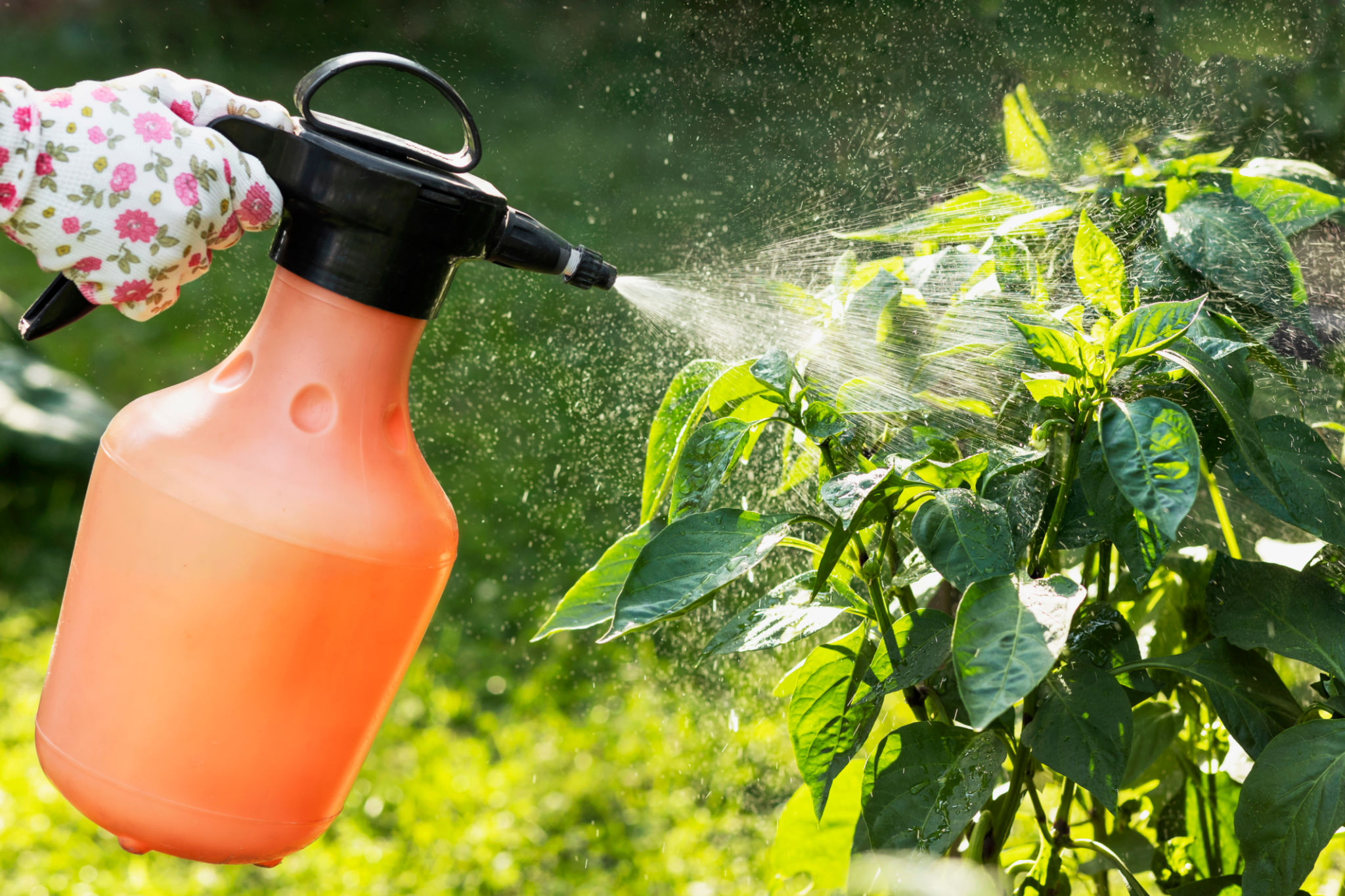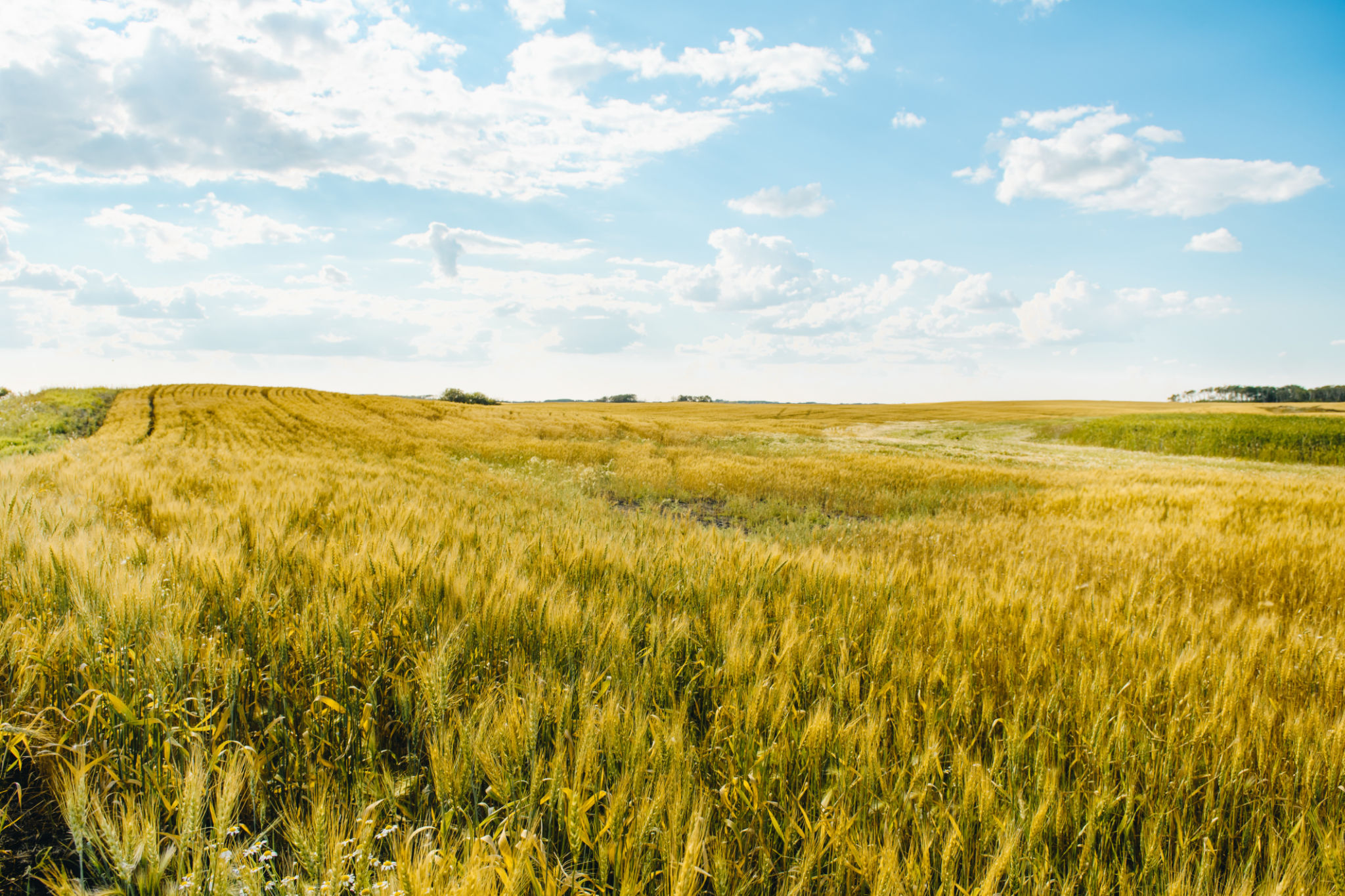Comprehensive Guide to Using Agricultural Chemicals for Optimal Weed Control
Understanding the Role of Agricultural Chemicals in Weed Control
Agricultural chemicals, commonly referred to as herbicides, play a crucial role in managing and controlling weeds in various farming systems. These chemicals are designed to target specific plant species, ensuring that crops have the necessary nutrients and space to grow optimally. By effectively using herbicides, farmers can significantly increase their crop yields and maintain the overall health of their agricultural lands.

Types of Herbicides
Herbicides come in different forms and are categorized based on their activity and application. Broadly, they can be classified into two main types: selective and non-selective herbicides. Selective herbicides target specific weed species without harming the desired crops, whereas non-selective herbicides eliminate all vegetation they come in contact with. Choosing the right type of herbicide is crucial for effective weed control and ensuring minimal damage to crops.
Timing of Application
The timing of herbicide application is as important as selecting the right product. Pre-emergent herbicides are applied before the weeds have a chance to germinate, providing a protective barrier. On the other hand, post-emergent herbicides are used after weeds have already emerged. Understanding the growth cycle of both crops and weeds helps in determining the optimal time for application, ensuring maximum efficacy.

Safety Measures and Environmental Considerations
While agricultural chemicals are effective, they must be used responsibly to minimize environmental impact. It's essential to follow manufacturer guidelines and wear appropriate protective gear during application to safeguard personal health. Additionally, consider factors such as weather conditions, which can affect the dispersion and effectiveness of the chemicals. Implementing buffer zones around water sources can further protect sensitive ecosystems from potential contamination.
Integrated Weed Management
An integrated approach to weed management combines chemical controls with other methods such as mechanical weeding, crop rotation, and biological controls. By diversifying weed control strategies, farmers can reduce their dependency on chemicals and promote sustainable agricultural practices. This holistic approach not only helps in managing resistant weed populations but also preserves soil health and biodiversity.

Choosing the Right Herbicide for Your Needs
Selecting the most suitable herbicide involves understanding the specific weed problems you face and the crops you are cultivating. Consider factors such as the spectrum of weed species, soil type, and climate conditions when making your choice. Consulting with agricultural experts or extension services can provide valuable insights and recommendations tailored to your unique farming situation.
Monitoring and Evaluation
After applying herbicides, it's important to regularly monitor fields to assess the effectiveness of the treatment. This involves checking for signs of weed resistance and evaluating any unexpected impacts on crops. Continuous monitoring allows for timely adjustments in weed management strategies, ensuring long-term success in maintaining healthy crops.
Adopting a comprehensive approach to using agricultural chemicals for weed control can lead to enhanced crop productivity and sustainable farming practices. By understanding the various types of herbicides, timing of application, and integrating other management techniques, farmers can achieve optimal results while minimizing environmental impact.